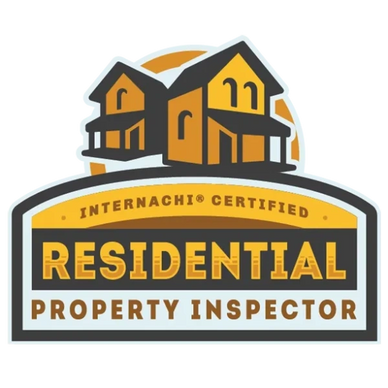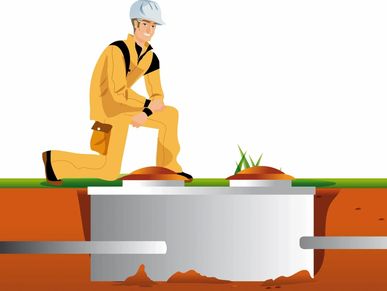Services
Home Inspection
Air Quality Testing
Air Quality Testing

STRUCTURAL COMPONENTS
including the Foundation & Framing >Inspect & Describe Grading and drainage.
EXTERIOR COMPONENTS
Inspect & Describe Decks, steps, porches, walkways and railings.
AIR CONDITIONING
Inspect, Describe Cooling duct type & Describe Heating duct type.
PLUMBING
Inspect & Describe Main water shut off valves, plumbing fixtures, faucets and water heating system.
ELECTRICAL TESTING
Inspect & Describe Electrical service line, main disconnect, electrical panels, breakers, fuses, grounding and bonding.
ROOF INSPECTIONS
Inspect & Describe Roofing material, vents, flashing, trim, gutters and downspouts.
CHIMNEY INSPECTIONS
Inspect & Describe Chimney construction, flue type and hearth.
INTERIOR
Inspect and Describe Doors, flooring types, interior wall material and ceiling types.
INSULATION AND VENTILATION
Inspect & Describe Insulation type and depth.
SAFETY
Inspect & Describe garage doors, safety sensors, and openers.
Air Quality Testing
Air Quality Testing
Air Quality Testing

This option for a Air Quality Testing during your house inspection is conducted in conjunction with a full home inspection and generally takes 30 minutes to perform. These can be done when there is already a known or suspected fungus/mold issue or they can be performed as a precaution. Mold Inspection pricing with a home inspection starts at $235 and includes the following:
- Two total samples – one outdoor air sample as a control test, one indoor air sample
- Indoor and outdoor temperature/humidity readings at the time of the inspection
- A written report from ProLab that includes test conditions, test sample location(s), sample results, and recommendations for further action (if necessary)
Radon Testing
Air Quality Testing
Radon Testing

If you’re buying a home in Johnson City, Kingsport, or Jonesborough, get it tested for radon during your house inspection. Our radon testing services are designed for real estate transactions: we give a quick turnaround with 48-hour testing. We use continuous electronic monitors that give an hour-by-hour breakdown of the test results.
A FEW QUICK FACTS ABOUT RADON
Radon is a gas formed by the breakdown of uranium and radium, both of which are found in high levels in East Tennessee. Every home is susceptible to radon, even new construction. There are a large number of homes in East Tennessee with high radon levels. We’ve found that about one out of three houses have high levels of radon. Radon is unpredictable. Two houses built right next to each other, at the same time, with the same construction methods, may have very different radon levels. Radon testing is an add on and cost $150 to do a radon test.
Well Water Testing
Radon Testing
Test your well water for contaminants, E.coli and Bacteria. Results back within 24 hours, except on Fridays.
Septic Dye Testing

Septic dye testing is a non-invasive testing of your septic system. Dye is flushed down the toilet and the water is ran for 30 minutes. After that we locate approximately were your field lines are and look for any red dye seepage up from the ground. This is a use in function test accepted by most financial company's as an acceptable test. A dye test is far from exhaustive, so make sure you understand the limitations of this test.
CCBI

Certified Commercial Building Inspector

